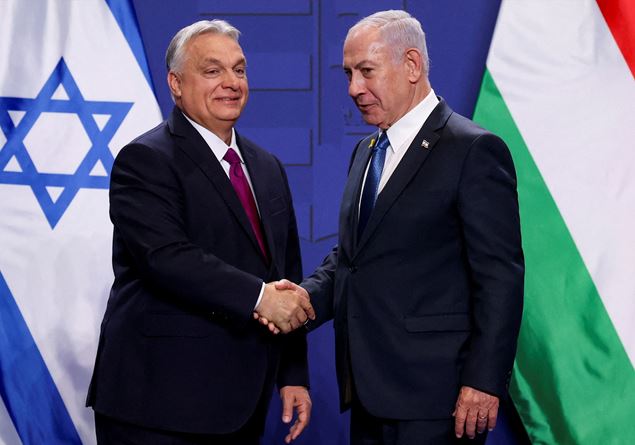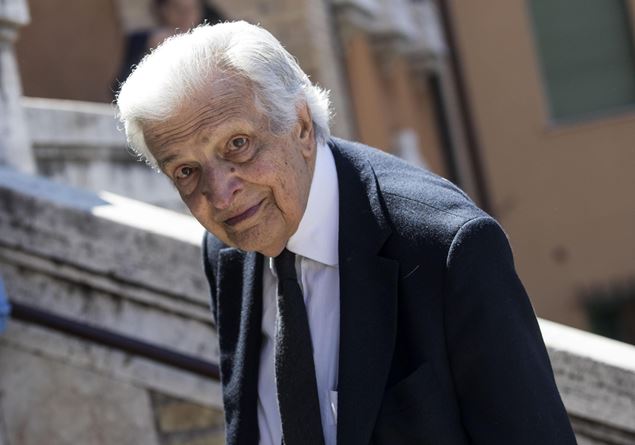«This morning Furio Colombo died at the age of 94, assisted by his wife Alice and his daughter Daria». This is the statement that the family issued, announcing the journalist’s passing. Val d’Aosta, born in Châtillon on 1 January 1931, Colombo was one of the leading men of the Italian press between the second half of the 20th century and the 2000s.
After graduating in law from the University of Turin, he chose to undertake a journalistic career, taking his first steps in Rai in the 1950staking his professional card in 1967. Eight years later, in 1975, he signed for The Press the last interview given by Pier Paolo Pasolini before his assassination on November 2 of the same year.
Correspondent from the United States for the Turin newspaper, before, and for The Republicthen, where he became a leading columnist, his stay in the USA, which has always represented an important cultural and political point of reference for Colombo, will lead him to collaborate with one of the most prestigious American newspapers, the New York Timesand teaching journalism at Columbia University in New York and the University of California – Berkeley. But he was also president of Fiat America in the 1980s, also demonstrating quality as a manager.
Parallel to his journalistic and managerial activity, from 1996 to 2001, Colombo also dedicated himself to politics, sitting among the ranks of the Democratic Party of the Left (since 1998 Democrats of the Left, ed.) in the Chamber of Deputies during the “Olive Season”, which saw three exponents of the center-left come to Palazzo Chigi one after the other: Romano Prodi, Massimo D’Alema and Giuliano Amato.
Having completed his first parliamentary experience, in 2001 Furio Colombo was appointed director ofUnita position he held until 2005 before being replaced by co-director Antonio Padellaro. At the time, the newspaper founded by Antonio Gramsci on 12 February 1924 was the official organ of the DS and Colombo’s direction coincided with the return to the government of Silvio Berlusconiof which he was among the strongest opponents. However, there were also disagreements with the ruling group of the centre-left at the time, towards which he did not spare harsh criticism. This led him, in July 2007, to run for office secretariat of the nascent Democratic Partyleveraging the strong anti-Berlusconism that had animated his experience atUnit and the support given to the “girotondi” movement, an opposition movement to the two governments led by Cavaliere in the 2001-2006 legislature. But already on August 1st, due to bureaucratic problems for the presentation of some documents in non-original format, he had to renounce his candidacy.
In the political elections of 2008 he was elected deputy with the Democratic Party, a position he held until the natural end of the legislature in 2013. In this, his third parliamentary experience (from 2006 to 2008 he was a senator, always in the centre-left ranks) he repeatedly expressed his dissent towards some choices of the Democrats, often voting against the indications of your parliamentary group.
In September 2009 Colombo was among the founders of Daily Facta newspaper in which he found old colleagues such as his former co-editor Antonio Padellaro, who will direct the new newspaper until 3 February 2015, and Marco Travaglioformer collaborator ofUnit directed by him and Padellaro’s successor at the helm of Doneon which Colombo wrote until 2022. Following the Russian invasion of Ukraine, on 24 February of that year, in fact, the director Travaglio started a collaboration with professor Alessandro Orsinicriticized by Colombo for some positions on the war unleashed by the Russians and on the role played by NATO. After a back and forth with the director, in May 2022 Columbus took leave of Done to pass as a columnist to The Republic.








